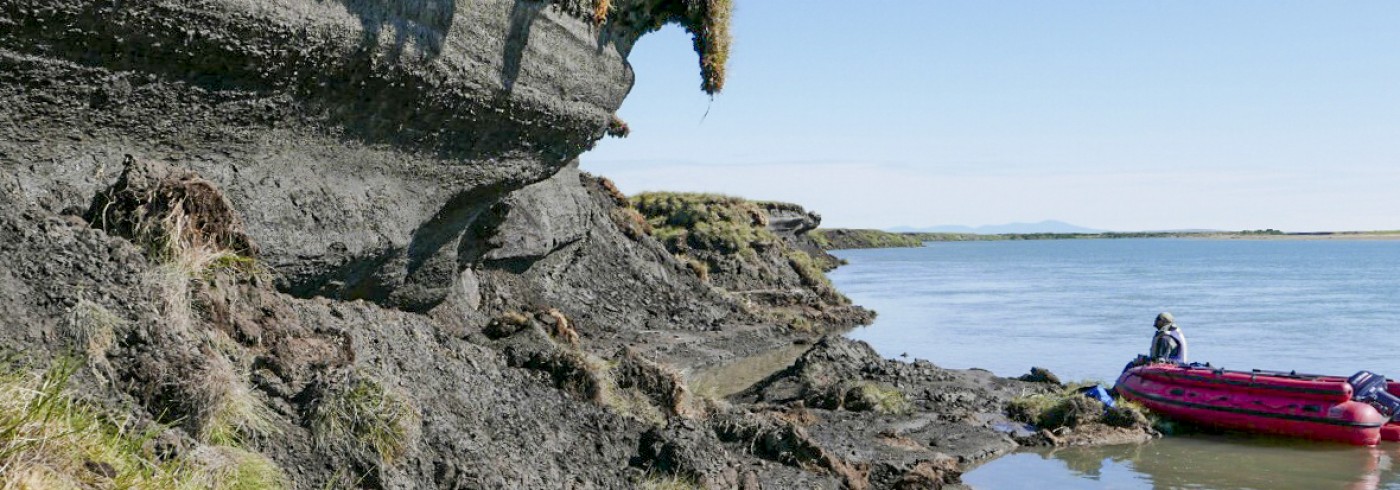The Arctic islands project studies the consequences of climate change for terrestrial Arctic ecosystems. A warmer climate is expected to drive a northward expansion of competitive warm adapted species, and Arctic species will eventually be marginalised to islands in the high Arctic.
Arctic ecosystems in the past, present and future
The aim of the project is first to analyse the current processes in the Arctic terrestrial ecosystems including vegetation, herbivores and predators. This will be done on islands and matching mainland sites with different latitudes, different climate and different glacial histories. However, it is difficult to sort out effects of climate change. The researchers will therefore use past records in permafrost sediments to analyse how plant communities have changed as a response to climatic change.
These analyses will provide information about the past composition of tundra ecosystems in the study sites. They will also allow a better understanding of extinction processes in relation with climate change at the end of the last glacial period; knowledge which is crucial to predict future consequences of the present climate change on arctic species.
Fieldwork in the Russian Arctic
This year’s research expedition is a continuation of previous fieldwork in Greenland and Ellesmere Island 2015 and in Abisko 2016. This season, the expedition is conducted as a Russian-Swedish collaboration. The researchers are divided into two groups and will work on Wrangel Island and at the Chaun River, which flows into the East Siberian Sea.
Principal investigator
Anders Angerbjörn
Department of Zoology, Stockholm University
Love Dalén
Bioinformatics and Genetics, Swedish Museum of Natural History







